How Magnetic Filters Work
Magnetic filters use strong magnetic fields to capture and remove metal particles from fluids. Unlike conventional filters that rely on physical barriers like meshes or screens, magnetic filters attract contaminants magnetically, preventing them from passing through the system.
Basic Principles of Magnetic Filtration
- Magnetic Attraction: Ferrous (iron-based) particles are drawn toward the magnetic field, sticking to the filter media.
- Non-contact Filtration: Magnetic filters trap metallic debris without blocking fluid flow or causing pressure drops common in mechanical filters.
- Continuous Operation: Many magnetic filters allow for cleaning without shutting down the system.
Types of Magnetic Forces and Media
- Permanent Magnets: Provide consistent magnetic force without power, typically made from neodymium, ferrite, or rare-earth materials.
- Electromagnets: Adjustable magnetic strength using electric current, ideal for variable flow or filtration conditions.
- Magnetic Media Types:
- Magnetic rods or tubes
- Magnetic grids or plates
- Magnetic powders embedded in filter media
Difference From Conventional Filters
| Feature | Magnetic Filters | Conventional Filters |
|---|---|---|
| Filtration Method | Magnetic attraction | Mechanical sieving or mesh |
| Particle Capturing Ability | Targets ferrous particles specifically | Captures all particle types physically |
| Maintenance | Easy to clean, no filter replacement | Requires regular filter element swaps |
| Fluid Flow Impact | Minimal impact on flow rate | Potential flow restriction |
| Chemical Use | No chemicals needed | Sometimes use chemicals or additives |
Magnetic filters excel at removing metal contaminants efficiently while preserving fluid flow, making them ideal for industrial fluids prone to metallic debris.
Types of Magnetic Filters
Magnetic filters come in several types designed to fit different needs and systems. Here’s a quick look at the main ones:
- Cartridge Magnetic Filters: These are compact filters that fit into systems like oil or coolant lines. They’re easy to replace and offer strong magnetic fields to catch fine metal particles.
- Inline Magnetic Filters: Installed directly in the flow path, inline filters remove metal contaminants as the fluid moves through pipes. They’re great for continuous protection in hydraulic and lubrication systems.
- Drum Magnetic Filters: These use a rotating drum with magnets inside to capture particles continuously. They work well in larger-scale industrial setups where high volumes of fluid are processed.
- Magnetic Strainers vs Magnetic Separators: Magnetic strainers trap metal debris in a basket or screen, making them easy to clean. Magnetic separators, on the other hand, often handle bulk solid materials or larger amounts of contaminants, separating metals from powders or granules.
Application-Specific Types
Different industries and applications require tailored magnetic filters:
- Oil Filtration: Magnetic filters are widely used to keep oil clean in engines and industrial machinery, cutting down metal wear and tear.
- Coolant Filtration: Metal shavings from machining operations are captured efficiently with magnetic filters to prolong coolant life.
- Water Treatment: Magnetic filters help remove fine iron and other metal particles from water, essential for both industrial processes and drinking water systems.
Choosing the right type depends on your flow rate, contaminant size, and the fluid you’re working with, ensuring you get the best magnetic filtration system for your specific need.
Key Applications of Magnetic Filters
Magnetic filters play a vital role in many industries across the U.S. Here’s where they make the biggest impact:
-
Industrial Machinery Protection
Magnetic filters help keep machinery free from metal debris, reducing breakdowns and extending equipment life. This is crucial in manufacturing plants where metal particles can cause serious damage.
-
Hydraulic Systems
In hydraulic systems, magnetic filters remove metal contaminants that can lead to valve failures and system inefficiencies. This keeps operations smooth and cuts down on expensive repairs.
-
Metalworking Fluids and Coolants
These filters capture fine metal shavings from cutting and grinding fluids, protecting pumps and tools while improving fluid life. It means less downtime and better productivity in metal fabrication shops.
-
Food and Beverage Industry
In this sector, magnetic filters ensure product purity by removing unwanted metal bits during processing. This safeguards both equipment and consumer safety, meeting strict industry standards.
-
Water Purification and Wastewater Treatment
Magnetic filters enhance water treatment processes by extracting metallic particles, helping to deliver cleaner water while preventing equipment clogging and corrosion.
-
Pharmaceutical and Chemical Industries
Removing metal impurities is critical here to maintain product quality and avoid contamination, especially when dealing with sensitive chemical processes or drug manufacturing. Magnetic filters ensure compliance and reliability.
These applications reflect the broad utility of magnetic filters, making them a smart choice for U.S. businesses looking to protect assets and ensure consistent operation.
Benefits of Using Magnetic Filters
Magnetic filters offer several clear advantages that make them a smart choice for many industries. Here’s what you gain by using magnetic filtration systems:
Enhanced Filtration Efficiency
- Quickly attract and remove ferrous particles
- Capture smaller metal debris than conventional filters
- Consistent cleaning keeps fluids clearer longer
Reduce Equipment Wear and Tear
- Prevent metal particles from damaging pumps, valves, and hydraulics
- Extend machinery life by avoiding abrasive contaminants
- Lower risk of unexpected breakdowns or downtime
Cost Savings in Maintenance
- Less frequent filter replacements needed
- Reduced labor and downtime costs from easier cleaning
- Magnetic filters often last longer, saving on parts and service
Environmental Advantages
- Cut down on chemical additives for fluid cleaning
- Lower waste by recycling ferrous contaminants from filters
- Helps meet stricter environmental regulations
Improved Product Quality and Consistency
- Cleaner fluids mean better end-product integrity
- Important for food, beverage, pharmaceutical, and chemical sectors
- Stable filtration supports smoother, more reliable processes
| Benefit | Key Points |
|---|---|
| Filtration Efficiency | Captures fine metal particles fast |
| Equipment Protection | Reduces wear on machinery parts |
| Maintenance Cost Savings | Longer filter life and less service needed |
| Environmental Impact | Less chemicals, less waste |
| Product Quality | Cleaner fluids ensure consistent results |
Using magnetic filters is a practical way to improve system performance, save money, and support greener operations in the US market.
Choosing the Right Magnetic Filter
Picking the right magnetic filter means looking at a few key factors to make sure it fits your needs and keeps your systems running smoothly. Here’s what to keep in mind:
Magnetic Strength
Stronger magnets capture more metal particles. Depending on your application—like coolant filtration or industrial machinery protection—you may need high strength magnetic filters to handle tough debris.
Flow Rate
Your filter has to match the fluid flow. Too small, and it’ll slow your system down; too large, and particles might slip through. Knowing your operational flow rate helps find the right filter size and design.
Media Type
Magnetic media varies—some use rare earth magnets, others ceramic. This affects durability and efficiency. Selecting the right magnetic media ensures long-lasting performance and reliable filtration. You can learn more about magnetic types at NBAEM’s guide on magnetic flux and surface Gauss.
Compatibility With Fluids
Not every magnetic filter works well with every fluid. Oil, water, coolants, and chemical solutions can have different impacts on the filter material. Confirm that the filter you choose is compatible with what you run through your system to avoid corrosion or damage.
Size and Design Considerations
Space and installation points affect your choice. Some filters are inline, others are cartridge style—each fits different setups. Think about accessibility for regular maintenance too.
NBAEM’s Product Range and Customization
NBAEM offers a broad lineup that covers various industries and filtration needs, plus customization options to tailor magnetic strength, size, and media type to your exact requirements. This flexibility is especially helpful if you run specialized operations or need unique configurations.
By considering these factors, you ensure efficient filtration and protect your equipment from metal contamination issues without downtime or extra costs.
Installation and Maintenance Best Practices
Installing your magnetic filter correctly is key to getting the most out of it. Here are some tips for proper installation:
- Place the filter where fluid flow is steady to ensure efficient magnetic capture.
- Follow the manufacturer’s flow direction guidelines to avoid reduced filter effectiveness.
- Secure the filter firmly to prevent vibrations or leaks during operation.
- Avoid installing near strong heat sources which can weaken magnetic strength over time.
For maintenance, keep a regular schedule to maintain peak performance:
- Clean the magnetic media at least once a month or more often if your system handles heavy contamination.
- Flush the filter housing during cleaning to remove trapped debris and avoid build-up.
- Inspect seals and connections regularly to catch leaks or wear.
- Replace worn magnetic media or components promptly to keep filtration efficiency high.
When troubleshooting, watch for these common issues:
- Reduced flow rate: Check for clogged media or blocked filter housing.
- Weak magnetic performance: Verify magnetic strength hasn’t diminished or damaged.
- Leaks: Tighten fittings and check seals for damage.
- Unusual noises or vibrations: Ensure proper installation and that no debris is stuck in moving parts.
Following these installation and maintenance best practices will keep your magnetic filter running smoothly and protect your equipment long term.
NBAEM’s Magnetic Filters Quality and Innovation
NBAEM stands out in the US market with its high-quality magnetic filters, built on advanced technology and strict certifications. Their filters meet international standards, ensuring reliability and safety in industrial use. NBAEM invests heavily in research and development to provide magnetic filters with strong magnetic forces, long-lasting media, and versatile designs, perfect for a variety of industries.
Several case studies highlight NBAEM’s success in protecting hydraulic systems and improving coolant filtration for manufacturing plants across the US. Clients praise NBAEM for consistent product performance and excellent customer service.
NBAEM supports customers at every step—from helping select the right magnetic filter based on flow rate and fluid type to offering detailed installation guides and responsive post-purchase support. Maintenance assistance and troubleshooting advice are always available, ensuring filters operate efficiently and last longer. This clear commitment to innovation and service makes NBAEM a trusted magnetic filter supplier in the industry.
For deeper insights on magnetic materials and technology behind these filters, check NBAEM’s technology pages on paramagnetic and ferromagnetic materials and magnetic sensor technologies for industrial applications.
Frequently Asked Questions about Magnetic Filters
What fluids work best with magnetic filters?
Magnetic filters are great with fluids that carry metallic particles. This includes hydraulic oils, coolants, metalworking fluids, and even certain water systems. They mainly catch ferrous metals like iron and steel, so fluids with heavy metal contamination benefit the most.
How often should magnetic filters be cleaned?
Cleaning frequency depends on the application and contamination level. For industrial use, a monthly check is common. If you notice a drop in flow rate or efficiency, it’s time to clean. Always follow the manufacturer’s guidelines—some high-use systems may need weekly attention.
Can magnetic filters capture nonmetallic particles?
No, magnetic filters only attract magnetic (ferrous) particles. They won’t trap nonmetallic debris like sand, dirt, or plastic. To handle those, you’ll want a conventional filter or a combination system.
What maintenance tools are recommended?
For cleaning, soft brushes, lint-free cloths, or even specialized magnetic filter cleaning tools work well. Avoid harsh chemicals or abrasive pads that might damage the magnetic media. Also, keep a checklist to track inspection and cleaning schedules to maintain filter performance.
For more information , visit our website for Magnetic separator .
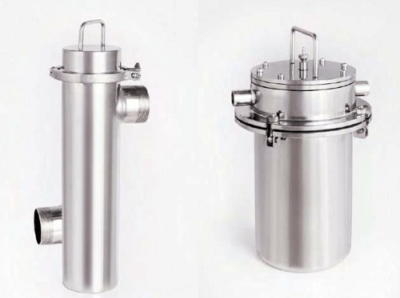
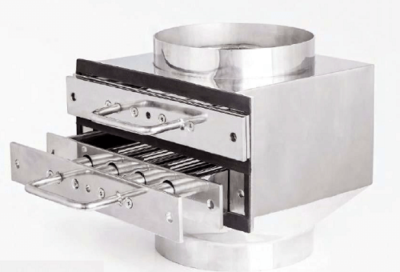
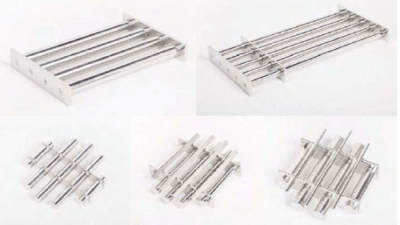
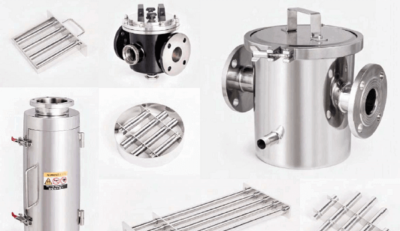

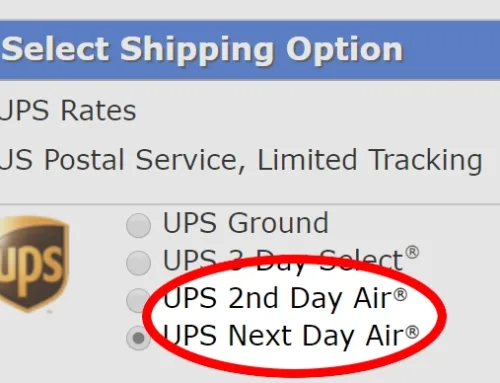
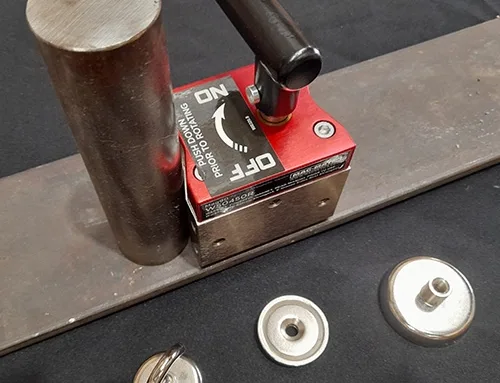
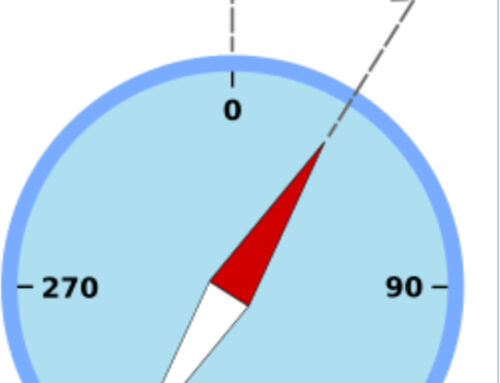
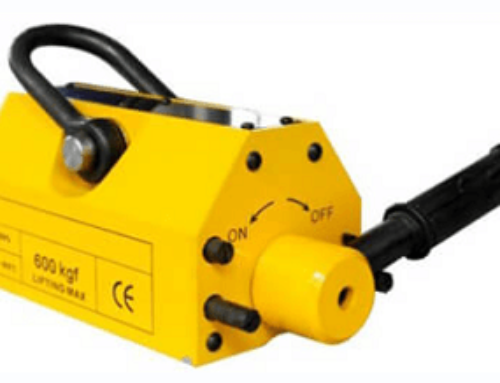
Leave A Comment